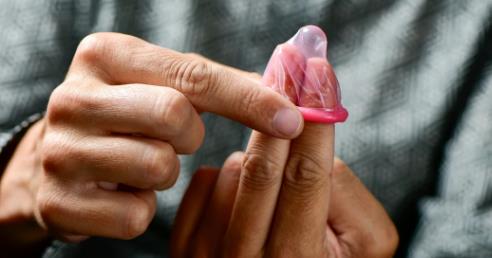The Connection Between Jerking Off and Testosterone Levels
Masturbation, often colloquially referred to as "jerking off," is a subject of much interest and debate, particularly concerning its impact on testosterone levels in men. Testosterone, a crucial hormone in the male body, affects a variety of functions including muscle mass, mood, libido, and overall energy levels. This article explores the scientific data regarding the relationship between masturbation and testosterone levels, providing insights supported by recent studies.

Understanding Testosterone
Role of Testosterone in the Body
Testosterone is the primary male sex hormone responsible for the development of male sexual characteristics, but it also plays a significant role in maintaining muscle mass, bone density, and sexual health. Normal levels of testosterone are essential for overall health and well-being.
Testosterone Production and Regulation
Testosterone production is regulated by the hypothalamic-pituitary-gonadal axis, which involves signals between the brain and the testes. Any activity that influences this axis can potentially affect hormone levels, including sexual activity and masturbation.
Scientific Studies on Masturbation and Testosterone Levels
Short-term Effects
Some studies suggest that there are immediate, but temporary, fluctuations in testosterone levels following ejaculation. A study published in the Journal of Zhejiang University found that while there is a slight immediate increase in testosterone levels after ejaculation, the levels normalize within a few hours. This temporary spike is thought to be linked to the release of additional testosterone due to sexual arousal and activity.
Long-term Effects
Contrary to some myths, there is no substantial evidence to suggest that regular masturbation decreases long-term testosterone levels. A comprehensive review conducted in 2021 analyzed multiple studies and found no significant long-term impact on baseline testosterone levels from regular masturbation. Some theories suggest that the body balances hormone levels over time, regardless of ejaculation frequency.
Impact of Abstinence
The theory that abstinence from masturbation or sexual activity increases testosterone levels has been explored in several studies. One such study reported a peak in testosterone levels on the seventh day of abstinence; however, the levels appeared to return to baseline thereafter. It is important to note that these effects are transient and have not been shown to have long-term significance for overall health.
Practical Implications
For Athletic Performance
Athletes sometimes wonder about the effects of masturbation on performance, given testosterone’s role in muscle function and strength. Current evidence indicates that normal masturbation habits have no detrimental effects on long-term testosterone levels or athletic performance.
For Sexual Health
Regular ejaculation, through masturbation or sex, has been linked to various health benefits, such as reduced risk of prostate cancer, suggesting that normal sexual activity, including masturbation, is a healthy practice as far as current scientific evidence shows.
Conclusion
The connection between jerking off and testosterone levels is characterized by transient changes that do not impact long-term hormone balance. Men should feel reassured that normal masturbation habits are unlikely to negatively affect their testosterone levels. For those interested in detailed research and data about the effects of masturbation on health, additional resources can be accessed at jerk off. Overall, masturbation should be viewed as a normal, healthy sexual activity with no adverse effects on hormone levels.
